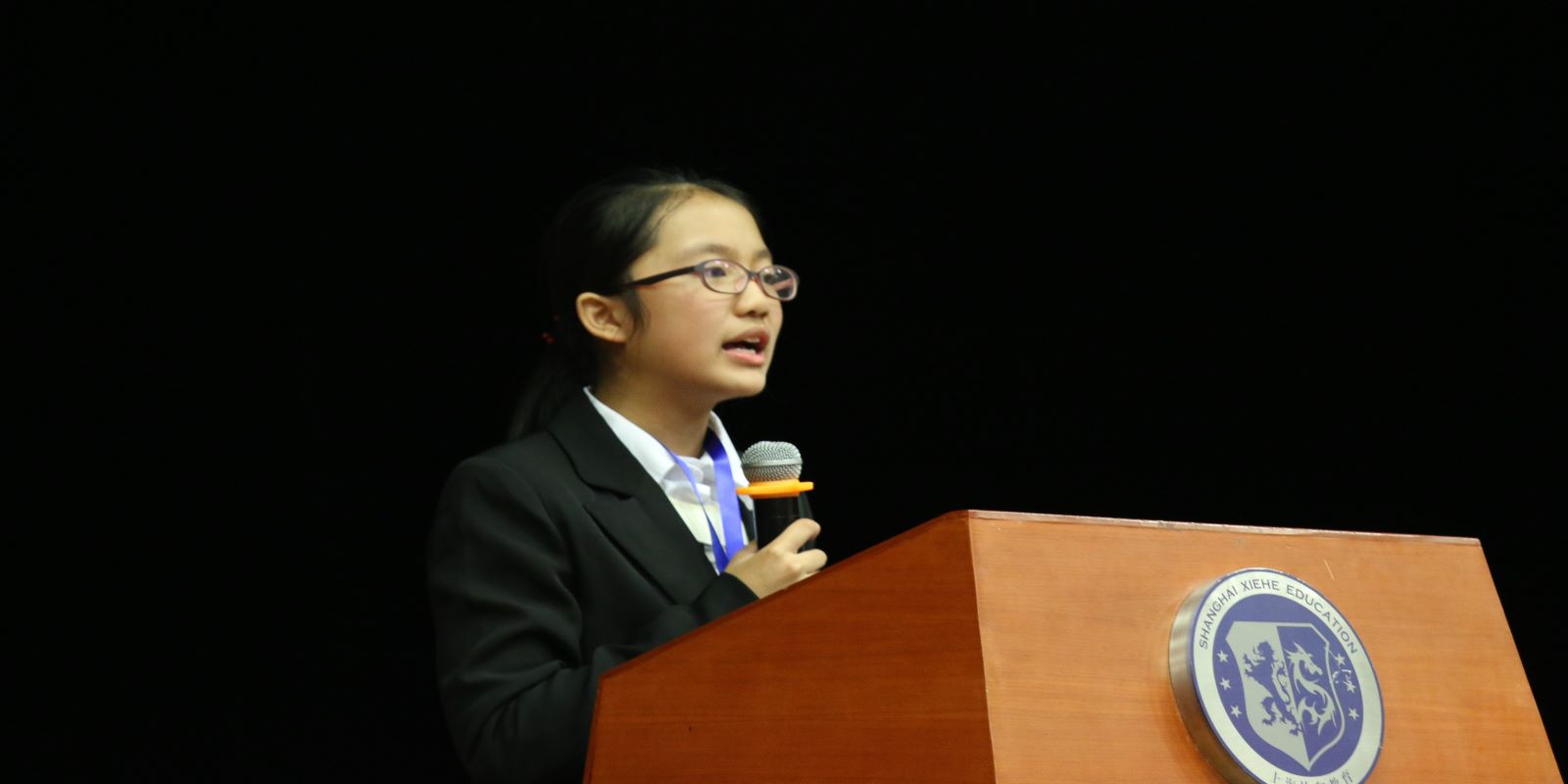How to Diversify Your Story Bank in an Impromptu Speech: Incorporating Pop Culture (Part 1)

According to Google’s advanced algorithms, in 2010 there were nearly 130 million books written in recorded human history. Now assuming that a book takes, on average, five hours to read, it would take you 74,200 years to read every single one. With the other streams of information coming at you besides just books, such as films, podcasts, and newspapers, the amount of information you could consume over time is practically endless.
With so much to explore, the stories you could tell impromptu are infinite. A story bank is not just a unique tool to prepare for an impromptu speaking competition, but also a fun way to boost your knowledge on a variety of different issues. In this article, you’ll learn how to build story banks that include historical, political, social, and pop culture stories, as well as strategies to incorporate them into your impromptu speeches in the best way possible!
First, let’s focus on how to diversify your knowledge of popular culture. Pop culture includes music, TV, movies, books, and even celebrities on social media, that are popular and enjoyed by ordinary people, rather than experts or very educated people. Let's analyze three ways to incorporate pop culture knowledge as stories to support your thesis.
First, to show social trends, you can use biographies of your favorite celebrities. Learn about how they’ve grown to fame or how they affect others. For instance, if your prompt is about feminism, you could refer to the singer Beyoncé as one of the activists who shaped a new understanding of female empowerment among the masses. She promotes songs like “Mine,” which describes the challenges of motherhood, and “Flawless,” which talks about the importance of being more than someone’s wife.
Second, to show human attitudes and motivations, consider using the character behaviors from a recent show you’ve watched. For instance, if talking about sacrifice, you could refer to example of Tony Stark from the Avengers movie, who knowingly gave up his life to defeat the story’s villain, Thanos, in order to save the universe.
Third, to show different views of the world, introduce different fiction books or movies that explore a different type of society or future. Books like Ray Bradbury’s “Fahrenheit 451,” which talks about a world where books are burned, or H.G. Well’s “The Time Machine,” which illustrates the concept of time travel, could be added to your story bank to show interesting alternative realities and intrigue the audience.
As you see, there are multiple ways to extract information from pop culture as stories in your speeches. Read, watch, and listen as much as possible to have a broader knowledge about what ordinary people are watching and reading. If you don’t have a specific opinion about certain issues in pop culture, learn from others. Newspapers and magazines will have reviews and comments about movies, books, or even celebrities in their op-eds. This helps you see different viewpoints that you may not always agree with, in order to strengthen your ability to take a strong stance.
Now that you have a good understanding of where to search for pop culture examples and how they can be used in speeches, in the second part of this article, you’ll learn three additional categories of information to incorporate that will help vary the stories you tell.

